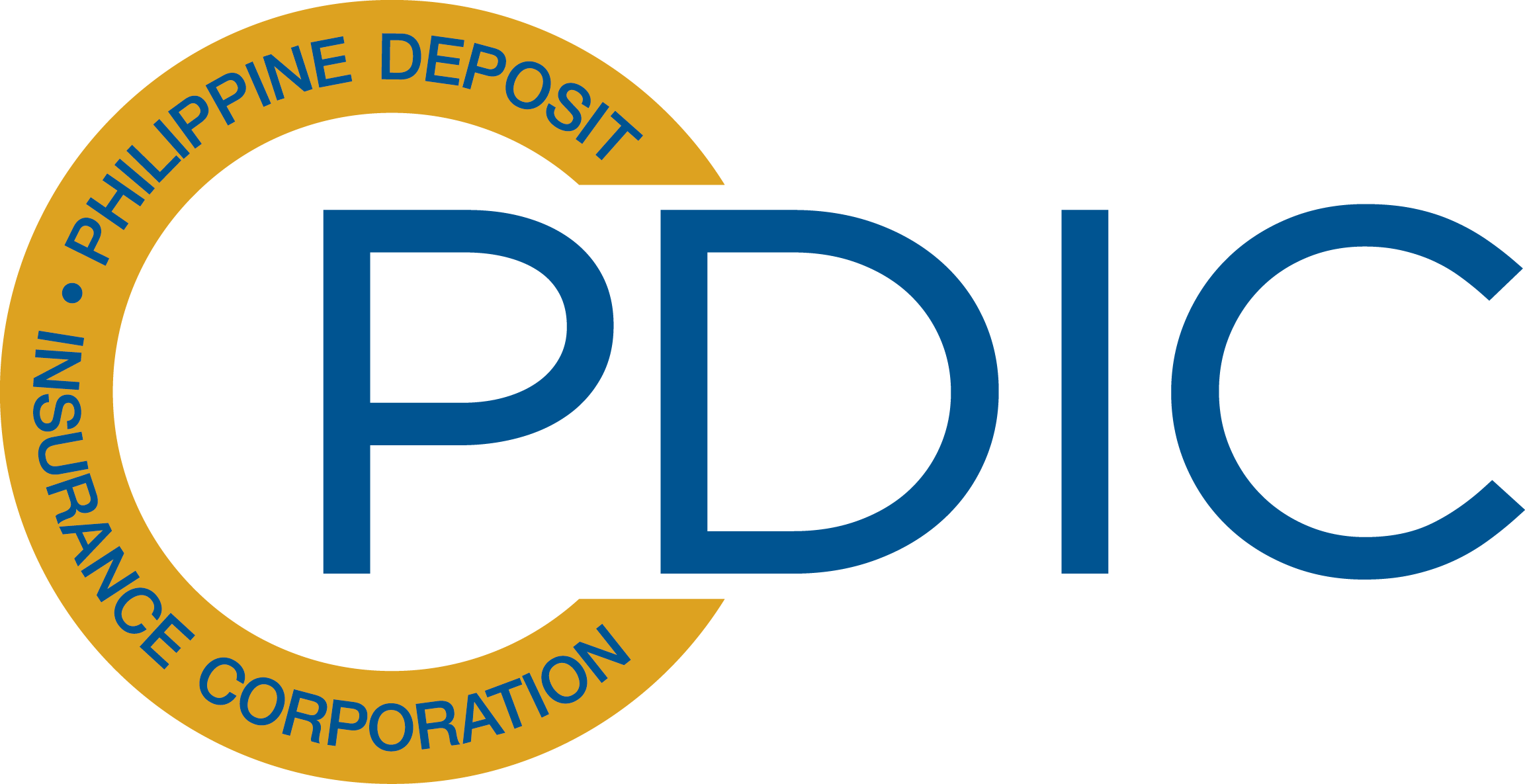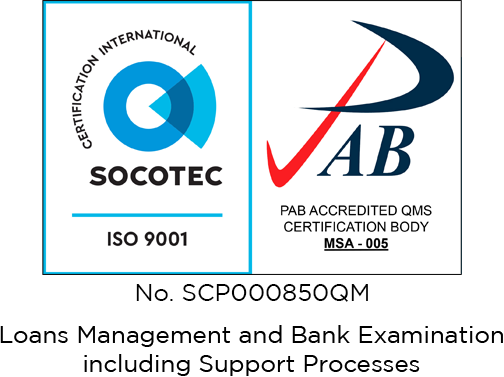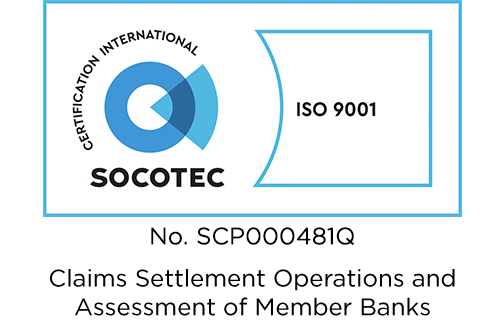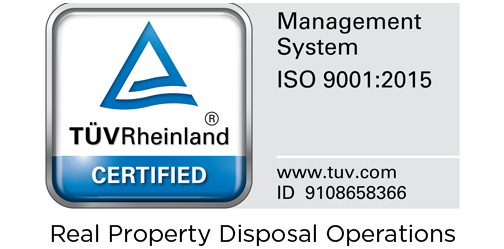| ARCHIVE |
P100-B fund to shield economy |
President Gloria Macapagal-Arroyo on Wednesday announced plans to establish a P100-Billion fund — to be part of a series of government contingency measures — that would help insulate the economy from a global slowdown. Mrs. Arroyo said the fund had been proposed by the Philippine Chamber of Commerce and Industry (PCCI), the organizer of the 34th Philippine Business Conference she was addressing, and would be equally shouldered by the state and the private sector. No further details were provided, and Cabinet officials said the plan would still have to be discussed by private sector representatives and economic managers. "We must not lose sight of the impact on the ordinary Filipino who bears the brunt of the market fluctuations ... During this time it is the role of the government to help insulate the citizens from price shock and economic pressures," Mrs. Arroyo said. The government’s contingency plan, she said, includes:
"We have now the comprehensive integrated investment program which is an expanded infrastructure portion of the medium term public investment program," Mrs. Arroyo said. "This contains projects funded by both public sector and private sector sources such as ODA (official development assistance) loans, GAA (General Appropriations Act), national government-local government units cost sharing and joint ventures, corporate funds, and proceeds accruing from those mandated by law," she said. Among the projects that could be funded by private sector sources, said Mrs. Arroyo, are the Tarlac-Pangasinan-La Union Toll Expressway, Manila-Cavite Coastal Road, and the North Metro Manila Skyway. "If the US recession happens, we would need more private sector financing and BOT (Build Operate Transfer) so that we can realign some of our infrastructure money to strengthen programs that promotes human capital formation," she said, citing conditional cash transfers, scholarships, and expansion of Philhealth coverage as examples. "That is why I welcome the proposal that was given to me on the platform by [PCCI Chairman Emeritus] Donald [G. Dee] that perhaps we should have a P100-Billion fund, private-public; P50 billion from the GFIs (government financial institutions), and P50 billion from the private banks and financial institutions." GFIs to contribute Mr. Dee later said the PCCI would meet with private banks and GFIs to make the facility available by the first quarter of next year. "Three [GFIs] said they will [contribute] P10 billion each. [These are the] SSS (Social Security System), Land Bank [of the Philippines], and NDC [National Development Co.]. We will talk to two more. We will also ask the commercial banks," he said. "If we have this then we can release some parts of the GAA for social services." Mr. Dee expressed confidence that the private sector would be willing to fund the infrastructure projects. PCCI president Edgardo G. Lacson, for his part, told reporters "We’ll have to join it. The government cannot do it on its own." In a press conference, Finance Secretary Margarito B. Teves said the government would have to make the projects attractive. "We have to show them (investors) viable projects. The key here is what type of project would be funded and how they would earn from it," he said. The Finance chief said the country’s economic managers and private sector representatives would have to meet to determine the feasibility as well as the details of the proposal. Budget Secretary Rolando G. Andaya, Jr., meanwhile, said savings to be realized would be used for social programs. He said there would be no need for Congress to realign next year’s budget to fund the P100-Billion facility. Albay governor and Palace economic adviser Jose Ma. Clemente "Joey" S. Salceda said fund realignment could be done either through legislation or by re-channeling them as savings. "It can be done in both ways. What should be prioritized are the granting of scholarships, expanding Philhealth coverage and the buying of palay," he said in a telephone interview. Mr. Salceda has urged Mrs. Arroyo to invest more in social services, particularly in terms of subsidies, instead of focusing on infrastructure spending. Deposit insurance With regard to her proposal to raise the maximum deposit insurance coverage to P1 million, Mrs. Arroyo said "We have asked [Nueva Ecija] congressman Joseph Violago to file a bill..." Philippine Deposit Insurance Corp. President Jose. C. Nograles said it would be a "proportionate response" as other countries have implemented similar responses. "The figure of P1 million is proportionate to cover 99.8% of all rural accounts covering small depositors already It will cover 98.5% of the accounts of our banking system," he said. On agriculture, Mrs. Arroyo said the government will continue its FIELDS (Fertilizer, Irrigation, Education and Extension, Loans, Dryers and other facilities and Seeds) program and would be more aggressive in buying palay from local farmers. "Our farmers will be getting the investment they need. Last year, the NFA (National Food Authority) procured from our farmers less than 100,000 metric tons. Starting this year, NFA will procure one million metric tons from our farmers," she said. The President also vowed to provide more support to small businesses and low-cost housing. "We will give renewed emphasis to housing ... We will provide more lending support to the SMEs (small and medium enterprises)." More investments She also said the government would seek to lure American businessmen to invest in the country’s business process outsourcing (BPO) industry. "We will market the Philippine BPO industry as a cost-cutting solution for US firms." With the United States’ economic woes showing no signs of easing, the president reiterated commitments to diversify the country’s trading partners. "We will expand our trade investment and tourism with our giant neighbor, China. We will attract more investments from the Arab nations awash with oil revenues ... We encourage our exporting firms to diversify, innovate, and technologically upgrade," she said. On Filipino migrant workers, Mrs. Arroyo said the government would monitor layoffs caused by the global crisis and provide livelihood and skills training packages to those who lose their jobs. "[W]e will have an expanded livelihood and business formation program with a P250 million livelihood fund through the NLSF (National Livelihood Support Fund) ... and a massive skills upgrading and retooling service." So far, she said, no OFW layoffs related to the financial crisis have occurred. (Business World, 10/23/2008) |
back |
This website uses information-gathering tools including cookies and other similar technology. Data generated are not shared with any other party. For more information, please refer to our privacy policy.
 PDIC is a government instrumentality created in 1963
PDIC is a government instrumentality created in 1963by virtue of Republic Act 3591, as amended, to insure
the deposits of all banks. PDIC exists to protect
depositors by providing deposit insurance coverage for the depositing public and help promote financial stability. PDIC is an attached agency of the Bangko Sentral ng Pilipinas.

Questions? Need Help?
Click Frequently Asked Questions
Trunkline.: (632) 8841-4000
Hotline: (632) 8841-4141
(for Metro Manila clients)
Fax No.: (632) 8841-4085
Email: pad@pdic.gov.ph
Client outside Metro Manila may call
Toll Free: 1-800-1-888-7342 or
1-800-1-888-PDIC

.png?Sunday; May 5, 2024)

Hotline: (632) 8841-4141
(for Metro Manila clients)
Fax No.: (632) 8841-4085
Email: pad@pdic.gov.ph
Client outside Metro Manila may call
Toll Free: 1-800-1-888-7342 or
1-800-1-888-PDIC

.jpeg)
.png)


